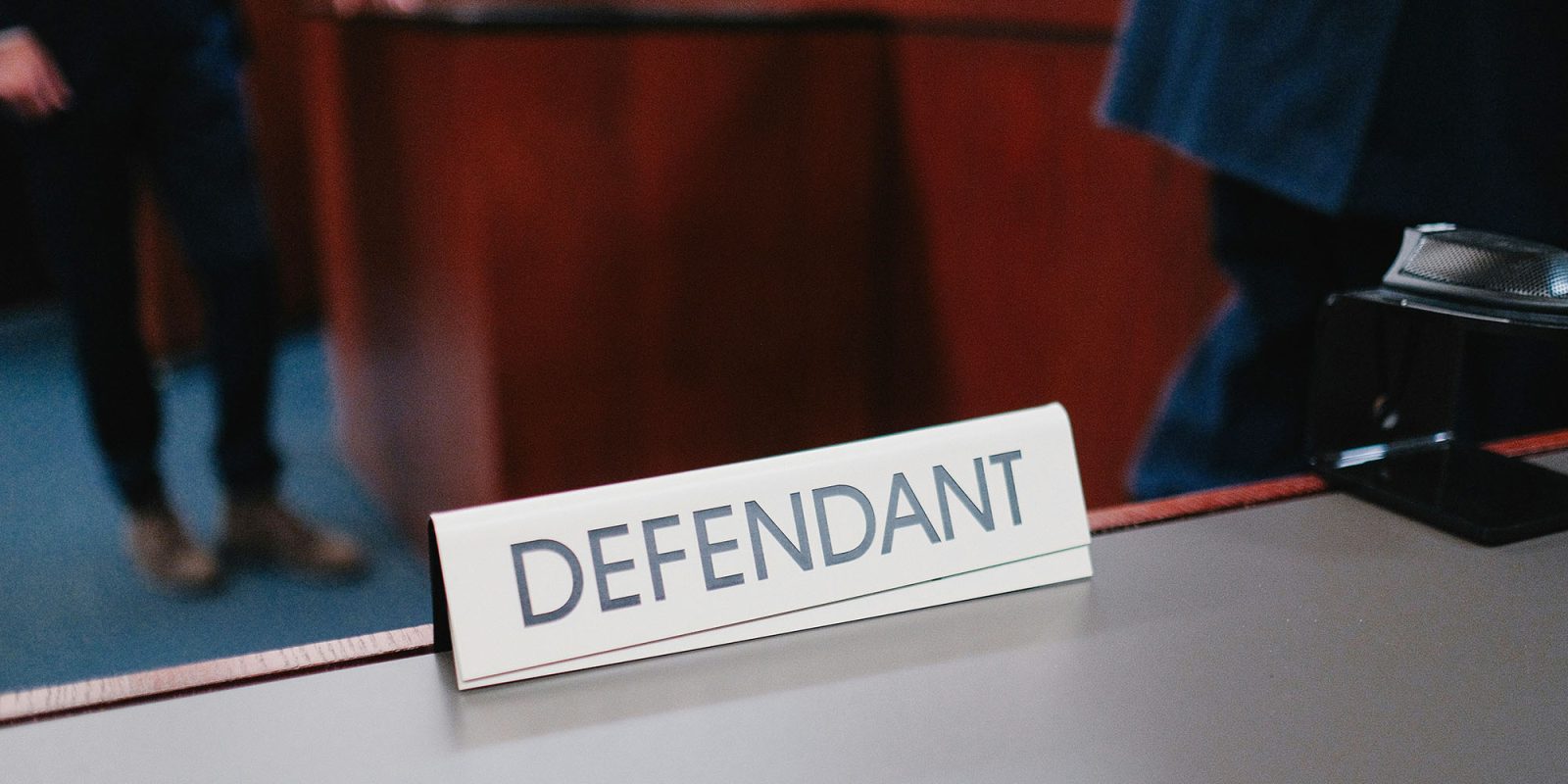
The US judge who ordered Apple to allow developers to sell apps outside of the official App Store has sharply criticized the way the iPhone maker has responded.
Epic Games went back to court to claim that Apple was not properly complying with the antitrust order, and remarks made by judge Yvonne Gonzalez Rogers indicate that she is in agreement …
The story so far
- Epic Games introduced its own in-app payment system on iPhone
- This bypassed the App Store, and denied Apple its 30% commission
- This was a blatant breach of App Store terms & conditions
- Apple responded by throwing the company off the App Store
- The two companies went to court
- The court told Epic that Apple did not operate a monopoly
- The court told Apple it must allow app sales outside the App Store
- Both cases appealed the parts of the ruling they didn’t like
- The US Supreme Court declined to hear either appeal
With Judge Rogers’ order confirmed, Apple announced that it would allow third-party app sales – but it would still charge a 27% commission on them (12% for small developers).
Epic went back to court to argue that this was an act of bad faith on Apple’s part, as it went against the entire intention of the judge’s decision.
Apple looks set to lose
The hearing to decide whether or not Apple is in compliance with the order is ongoing – but remarks by the judge seem to indicate that she agrees with Epic’s position. Bloomberg reports:
[Apple’s] remedy for anti-competitive practices drew harsh criticism Friday from US District Judge Yvonne Gonzalez Rogers […]
“It sounds to me as if the goal was to then maintain the business model and revenue you had in the past,” Rogers said to an Apple executive during a multi-day hearing to address Epic’s complaint that the iPhone maker isn’t abiding by the terms of a corrective order the judge issued in 2021.
In particular, Epic had argued that the cost to developers would be identical whether or not they sold through the App Store. Apple claimed not to have done this calculation, despite 1,000 of its staff and lawyers having been involved in drawing up the new terms. The judge didn’t appear to buy this.
“You’re telling me a thousand people were involved and not one of them said maybe we should consider the cost” to the developers? the judge said. “Not a single person raised that issue, of the thousand that were involved?”
Apple also admitted that of the 65,000 developers eligible to switch to the new terms, only 38 had done so, and this didn’t include any major names.
9to5Mac’s Take
We said at the time that Apple’s response was effectively giving the middle finger to the judge, and she indeed seems to share this view.
Payment processors like Stripe typically charge a 3% commission, so the calculation Apple claims not to have done is ‘27% + 3% = 30%’ … No surprise that the judge is incredulous.
The fact that almost no developers have accepted Apple’s offer is also pretty damning evidence that it’s impossible to save money by doing so.
Given both the fact, and the judge’s remarks, it seems impossible to believe that Apple could win here.
Photo by Wesley Tingey on Unsplash
FTC: We use income earning auto affiliate links. More.





Comments